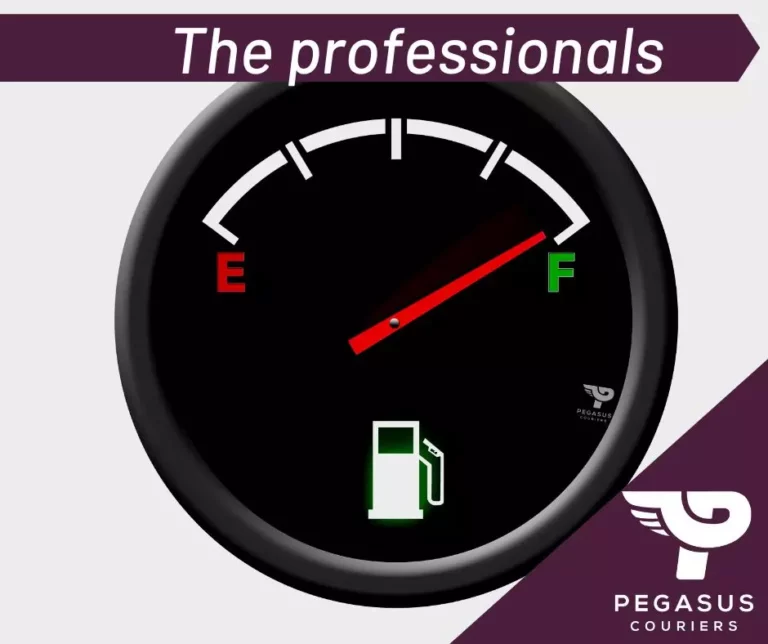Possible MOT Regulation Changes - Bad or Good?

Martin Smith
Pegasus Couriers MD

Keeping your vehicle in top condition is essential for ensuring it is safe to drive on the roads.
Recently, the Government proposed changes to the MOT regulations – causing waves in the fleet and logistics industry. In this article, I will discuss the proposed changes and what it means for motorists.
Roadworthy vehicles and potential changes
The recently proposed modifications to the MOT legislation have drawn much debate within the industry, with several businesses and associations questioning the suggested laws.
An MOT test is a mandatory vehicle test by the British Government to determine whether the vehicle meets the roadworthiness requirements.
Some proposed controversial changes include vehicles three or over having their MOT certificate renewed every two years while new vehicles’ MOT will move from three to four years.
Some government officials claim the changes are necessary because today’s vehicles are built better and are more resilient to wear and tear, particularly with electric vehicles having fewer moving parts.
The scope of the MOT has expanded over the years to include additional checks. In May 2018, the new MOT system was introduced and moved away from a simple pass or failed with advisories to a new five-category system.
Failures were split into two classes: major and dangerous, while three pass categories were introduced: pass, pass with minor defects, and pass with advisories.
What does the Data say?
Recent data from the Driver and Vehicle Standards Agency (DVSA) states that non-working headlights, indicators and reflectors accounted for over 25.5% of all MOT failures from March 2021 to 2022.
According to RAC, the same figures show that 7.3 million small passenger vehicles initially failed their MOTs while 2.4 million vehicles flunked due to at least one dangerous defect. Of these severe defects, brakes and tyres represent 88%.
The main question is, would these vehicles with serious defects still be on the road if they were not tested annually?
The Backlash
This would effectively mean more unroadworthy vehicles on the road, potentially causing more accidents – a warning echoed by various automotive bodies.
The proposals have led to backlash from several Automotive trade bodies who have launched online petitions to stop the changes.
The petition said that any reduction to the MOT frequency would increase road deaths caused by vehicle defects.
Routine servicing also reduces potential long-term costs, as the assessment usually includes maintenance checks.
According to a poll by Fleet News, more than half (55%) of the 1,435 drivers said changing the MOT to every two years was a bad idea. Just over a fifth (22%) thought it was a good idea, while a similar proportion (23%) were unsure.
In another poll, almost two-thirds of fleet businesses would not support extending the first MOT. Fleets fear that changing the current testing regime would be detrimental to road safety.
MOT and Road Safety
While the cost of living crisis is real, can we afford to cut back on road safety to lessen the pull on purse strings? Everyone has their own opinion and views on this. As a logistics business, we support any initiative that promotes driver and road safety. Annual road safety checks are paramount for our drivers‘ safety and other road users. While revising procedures as times change makes sense, perhaps a comprise could be made; ultimately, time will tell.
The Penalty
Drivers in Britain can be fined up to £1,000 for using a vehicle without a valid MOT certificate. However, if a vehicle was found to be “dangerous” and the driver ignored the issues, they could be fined up to £2,500, a driving ban, and three penalty points.

Fill Up With The Wrong Fuel?
Each year about 150,000 UK motorists top their vehicles up with the wrong fuel. Here we explain the best ways to avoid misfuelling

Age Verification Delivery - What You Need To Know
We know many people are confused about which parcels require identification and we wanted to clarify any confusion.

Spreading Kindness, One Mile at a Time.
A Pegasus Couriers delivery driver has been praised for helping a Scottish Highlands motorist whose car was stuck in the snow.

Route Mapping Software - A Drivers Best Friend
In today’s technology-driven world, there are many ways to improve delivery operations.